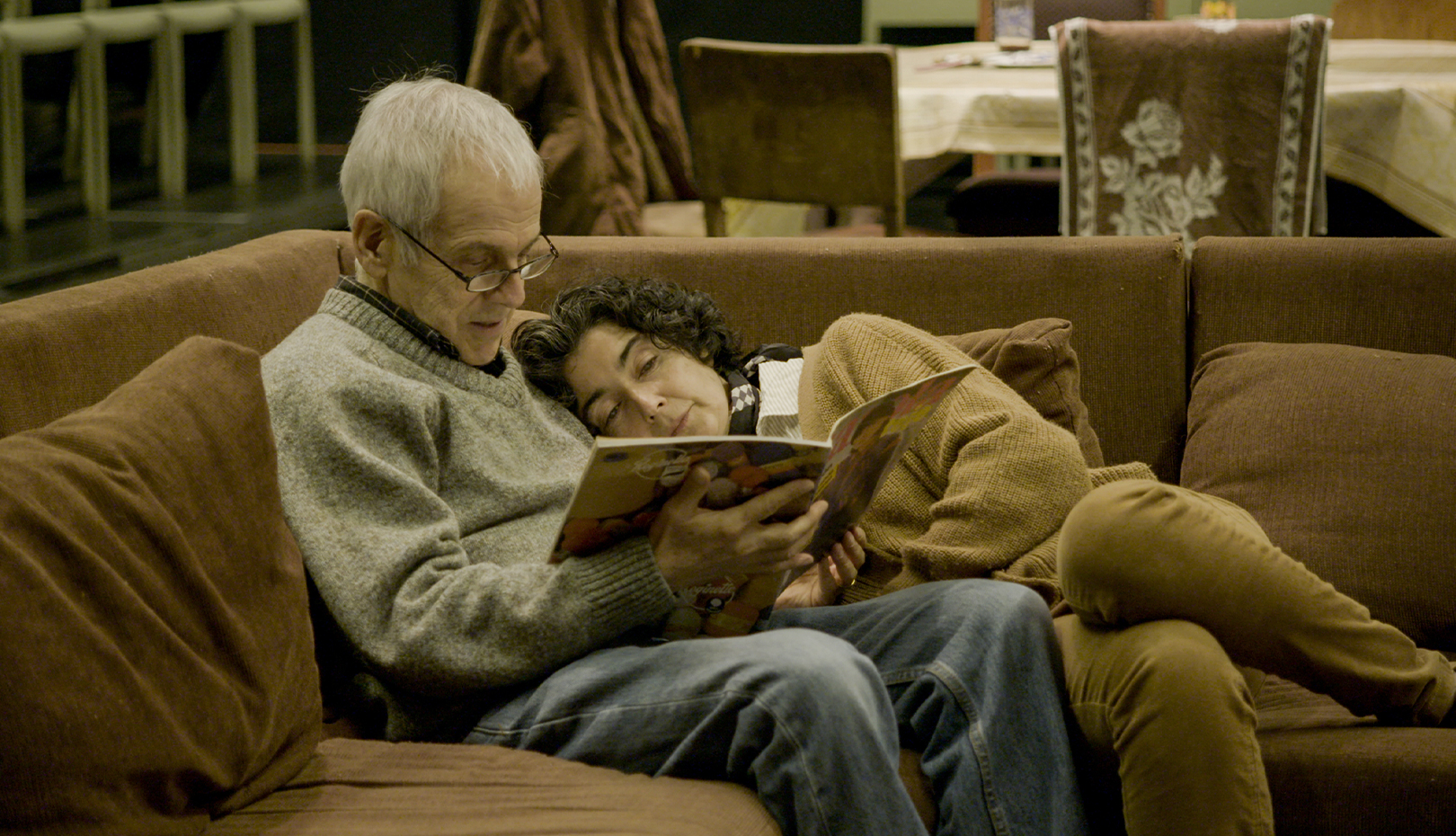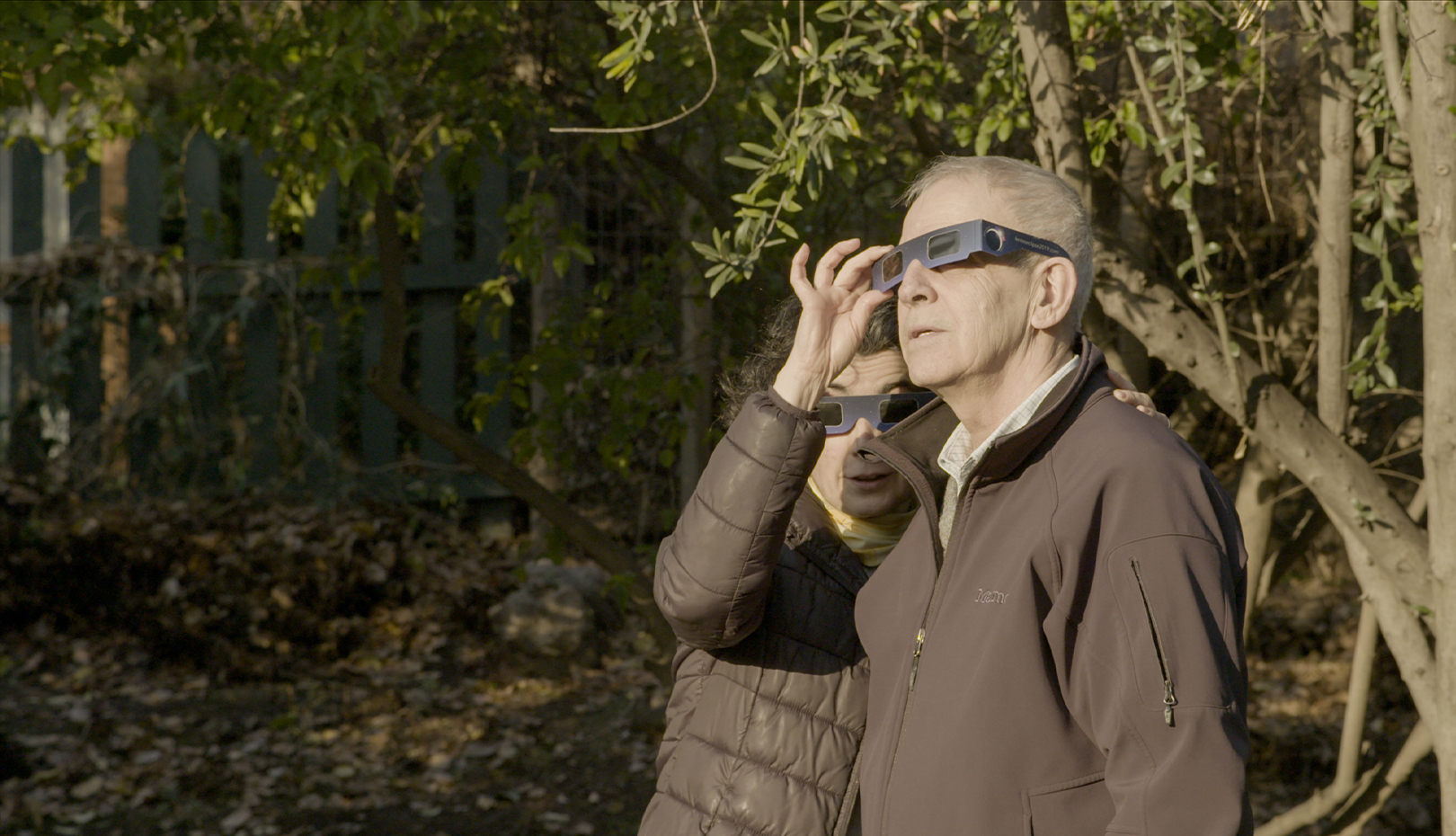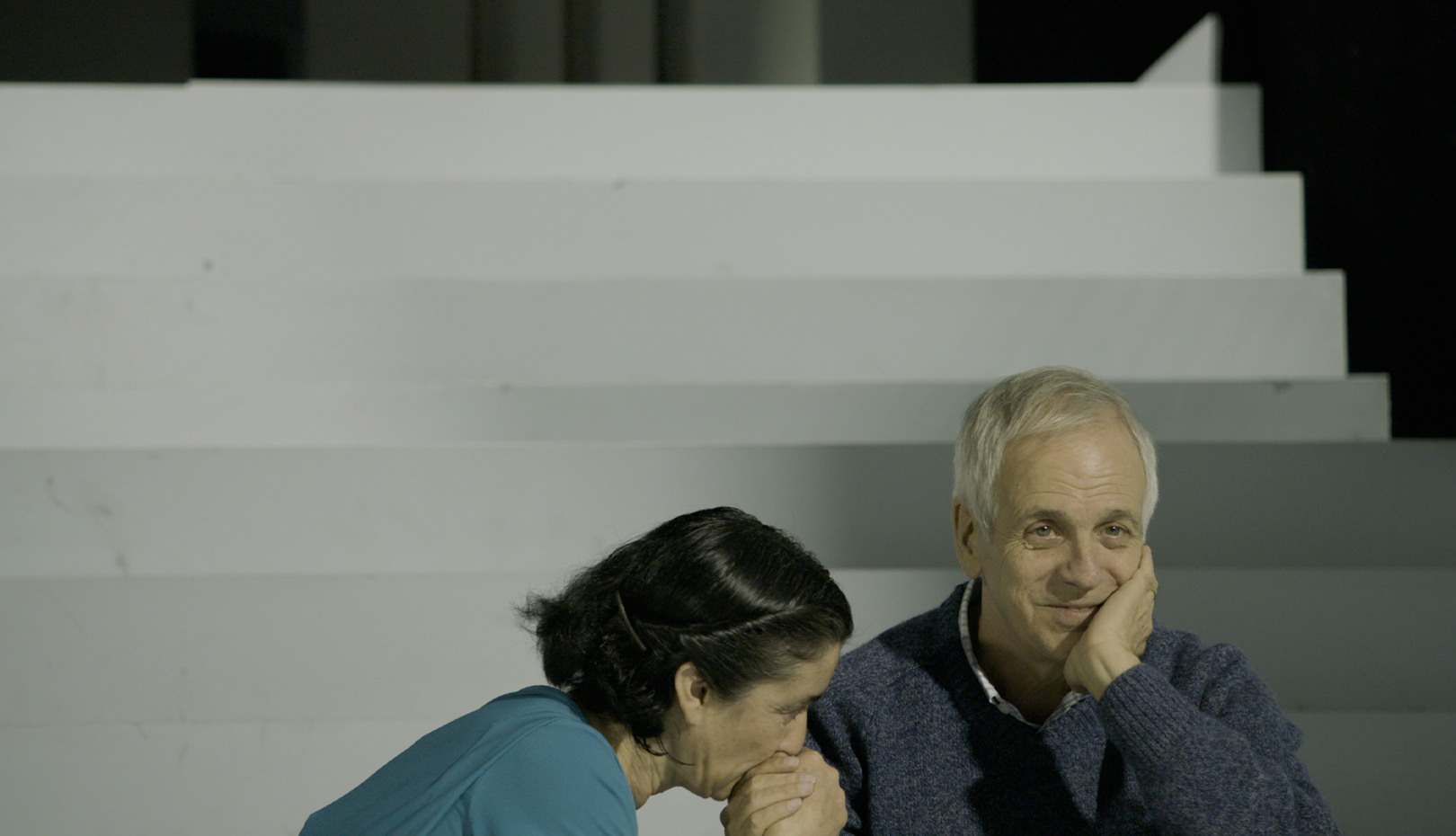The Eternal Memory
Maite ALBERDI
- chile
- 2023
- 100min
- G
- DCP
- color
Korean Premiere
Synopsis
Augusto Góngora, a veteran Chilean journalist and prominent chronicler of the crimes of the Pinochet regime, and Paulina Urrutia, actress, activist and politician, have been a tight-knit loving couple for over 20 years. He was diagnosed with Alzheimer’s eight years ago, and now they both face the inexorable and accelerating descent of his physical and mental powers together. Heartbreaking and uplifting at the same time, the story of Paulina’s warm and uncompromising dedication and Augusto’s fierce fight to hold on to his identity is a deeply affecting testimony to their love.
THE ETERNAL MEMORY is both an inquiry into human dignity in old age and adversity and into the mechanisms of individual and collective remembrance. What – and who – do we recall from our past? Why do we forget or suppress certain memories, and what effect does this have, on a person as well as on an entire country?
Review
Augusto Góngora is a journalist who recorded the fever of the democracy movement in the 1970s, which was the darkest moment in Chilean history. He was a member of the television newsgroup, and he was a naturally respected figure for his contribution to the recovery of the democratic values suppressed by the authoritarian government. The Eternal Memory captures how Góngora, a symbol of hope and a better tomorrow, fights against Alzheimer’s disease and follows the days of Góngora and his wife, Paulina Urrutia, who is a former Minister of Culture and an actress. The film is a mixture of present videos, past home movies, and archival footage. Alzheimer’s disease is shifted into a question on the essence of memory in order to cover the disease with metaphors of history and memory. In the film, Góngora recalls the horrors of the Pinochet regime. Although it’s only a small part of the film, it implies how Chile’s dark history damaged his brain. The Eternal Memory is pointed out as the favorite and the most beautiful film in the international film festival, and it shows the deep love of the old couple, their contribution to Chilean journalism and democracy, and what the legacy of the times means in the present. The beautiful and truthful film delivers messages on things taken away by the weakening body, a history that never disappears, and memories.
Director
-

Maite ALBERDI
Maite Alberdi is a Chilean documentary filmmaker. She was nominated for an Academy Awards, and her films have been screened in more than 150 festivals. With all her projects, she has developed a particular style characterized by the intimate portrayal of small worlds. This hallmark has made her one of the most important voices in Latin American documentary filmmaking.


